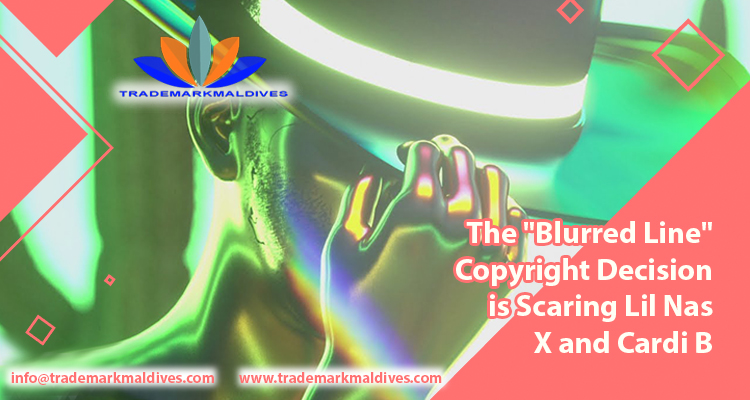Till now, when it’s around 20 days from the start of the year 2020, you hopefully be aware of statistics from 2019, no matter whether in association to Intellectual Property (IP), brand protection, or anti-counterfeiting. Nevertheless, besides gaining information about the past year, it is vital to consider some of the key IP and brand protection trends for 2020, and the new decade beyond.
In 2020, we undoubtedly expect to hear more about the US-China trade talks, and the European (EU) Copyright Directive. However, this is not all. We can come across many other trends and stories that would be significant for brands and how they secure themselves from IP infringement in this year.
Artificial Intelligence and Machine Learning
2020 is expected to be the phase when many companies move from experimenting with new tools and technologies to their broader implementation. The scope of Artificial Intelligence (AI) and Machine Learning (ML) looks to increase and affect the interactions brands used to have with consumers and counterfeiters.
It appears as if the sophistication of conversational AI interactions will enhance, resulting in improved communication between businesses and consumers. It further may improve buying patterns. On the other hand, ML will become more advanced in regards to image recognition, data clustering, and web scraping. It means that data monitoring and IP enforcement will benefit comparatively more from automation, allowing machines to fight the scams in addition to human expertise.
Blockchain
Blockchain and its operative use in anti-counterfeiting can be the other key area of growth in 2020. As technology is becoming cheaper day by day, the world would see it into the hands of many more businesses. Widespread adoption and embedding of blockchain-based smart contracts system will make the technology to execute a license for the use of original creator’s IP, scale automatic payment, and ensure that he/ she gets the correct compensation for his/ her unique work. Apart from assisting the users in making profits by earning more money and saving financial resources on getting agents to manage IP, blockchain technology would work even to prohibit content piracy, one of the common challenges creators often encounter. Indeed, 2020 and other upcoming years are expected to provide blockchain technology with advancements that would help you monetize your IP in several new ways.
Social Media Expansion: WeChat, TikTok, Etc.
For a long time, online platforms have dominated the talks about the availability and impacts of counterfeit and copied goods. As these platforms have been one of the easiest ways for consumers to shop, they have created spaces where fake sellers of infringed products or services could anonymize their identities. Previously, online platforms like social media sites, including Facebook, Twitter, etc., were a secondary option for counterfeiters and sellers of violated products. Nonetheless, with the introduction of additional social commerce-oriented extensions, they gained importance. Social media channels are remarkably difficult for Intellectual Property Law enforcement to target as communications on these channels are private. Moreover, there is no ID transparency rule, and accounts can be made using false information. All these facts make it important for the brands to enlist the support of an experienced IP Attorney. They can also partner with a specialized Intellectual Property Law Firm that can provide online monitoring and IP enforcement. This is what we expect to see more in 2020.
Another thing to watch in 2020 will be the increase in both the size and scope of spaces like WeChat, TikTok and more. As counterfeits and IP abuse, especially Copyright Infringement, is common on online sites and channels, brands need to be cautious about ‘how can they deal with such issues.’ Intellectual Property Law Firm in Maldives or any country appears to be the best helping hand to battle against the problems caused by counterfeiting and IP abuse in this advanced but malicious decade. For more visit: https://www.trademarkmaldives.com
Don’t forget to follow us on social media:
Facebook – https://www.facebook.com/trademarkmaldives/
Twitter – https://twitter.com/trademarkmaldiv
Linkedin – https://www.linkedin.com/company/trademarkmaldives/
Pinterest – https://in.pinterest.com/trademarkmaldives/











Comments